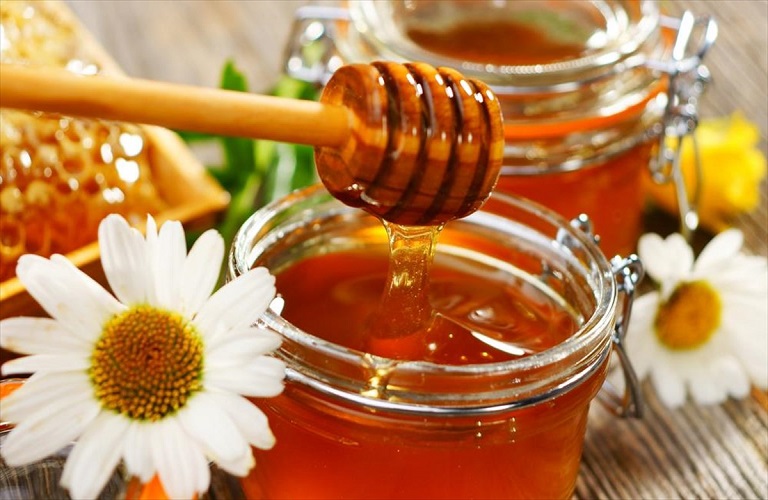This year is expected to be difficult for Greek beekeeping, as the sector is directly affected by climate change and by the phenomenon of honey adulteration by third countries, which are sold at significantly lower prices than Greek honey.
The sector, heavily reliant on stable environmental conditions, is reeling from rapid shifts that threaten bee populations and honey production.
President of the Beekeepers Association highlighted the severity of these changes, noting bees’ struggle to adapt. High temperatures have intensified issues like bee “starvation,” leading to decreased honey yields. Particularly vulnerable are island regions and the Attica basin, where crucial thyme habitats are disappearing, compounding the crisis.
Adding to the problem are imports of duty-free Ukrainian honey flooding the European market, posing stiff competition despite Greece’s reputation for high-quality honey. Regulatory gaps have hindered effective oversight, necessitating stricter enforcement measures.
Across the EU, similar challenges persist, prompting collaborative efforts to combat honey adulteration. The European Commission’s new platform seeks to authenticate and trace honey products, aiming to curb fraudulent practices.
Last year’s wildfires and floods slashed beekeepers’ incomes by up to 60%, with further declines forecasted due to ongoing droughts. The beekeepers association’s president warned that thyme honey could vanish from the market this year, with pine honey also under threat from worsening heat waves.
To secure the future of Greek beekeeping, urgent action is needed to mitigate climate impacts and bolster regulatory safeguards, ensuring the industry’s resilience against mounting challenges.




